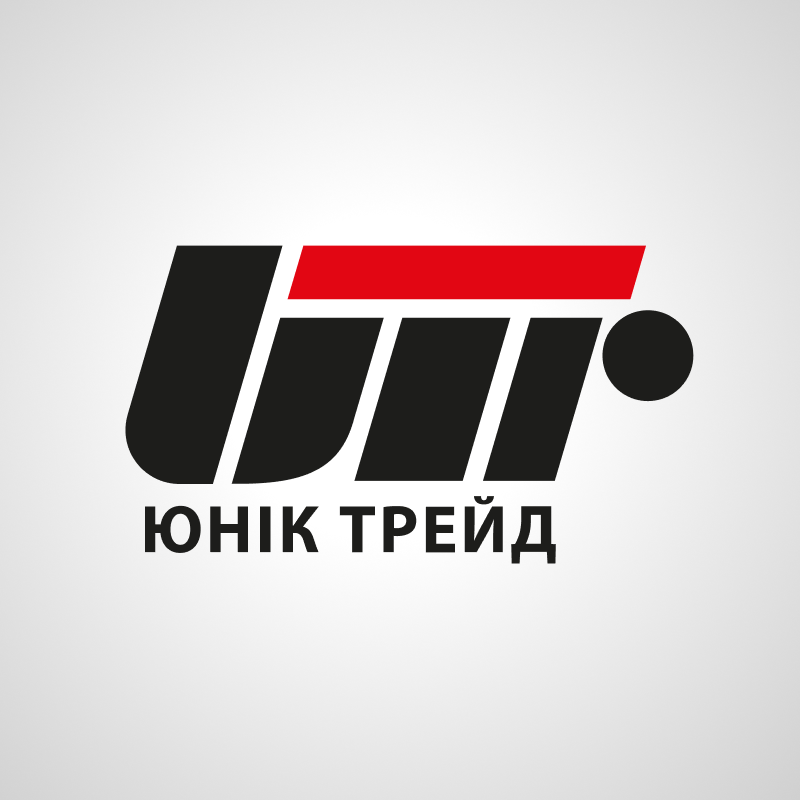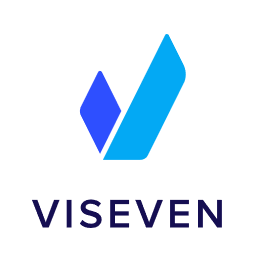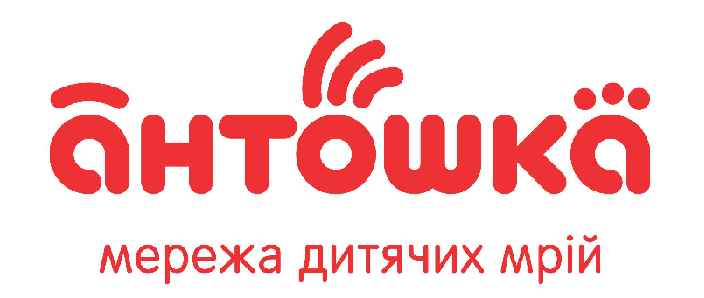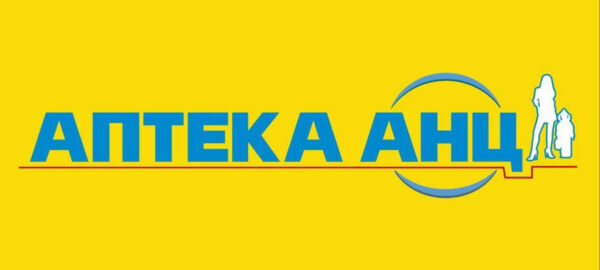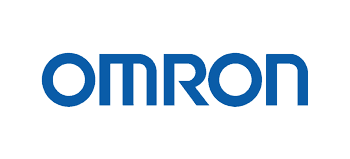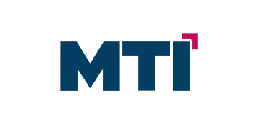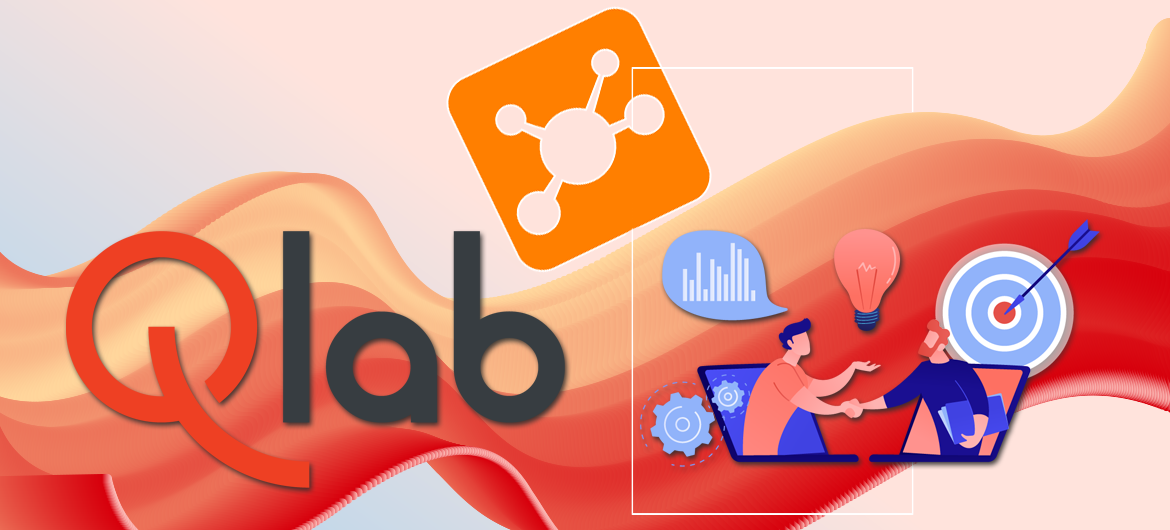
From onboarding to leadership: how Qlab University develops partner teams
Time differences, language barriers, cultural differences – all of these create additional obstacles to effective partner training in today’s global business environment. Traditional training methods are often not flexible enough to overcome these obstacles, forcing companies to look for innovative approaches.
The Qlab University team has found a solution that not only overcomes these barriers, but also turns them into new opportunities. How did they manage to transform partner training? The answer is simple – e-learning, which has become a powerful tool for quick adaptation of newcomers, development of industry professionals, and cultivation of leaders.
Olha Yevsikova, Director of the Corporate University, and Yevhen Mutel, Manager of the E-learning Department at Qlab University, shared with us a fascinating story of this transformation.
 Qlab University is a corporate university that operates on outsourcing in 12 countries. The university has several departments and areas. Particular attention is paid to e-learning.
Qlab University is a corporate university that operates on outsourcing in 12 countries. The university has several departments and areas. Particular attention is paid to e-learning.
Qlab University provides learning and development for remote teams for more than 20 partner companies. The university works with businesses that open branches in different countries and need to adapt their employees to the corporate culture and values of the company, as well as to train professional skills.
Implementation of e-learning: Anticipating change and searching for an LMS
They started thinking about acquiring the Qlab University LMS platform back in 2021. Olha Yevsikova (Director of the Corporate University) recalls that until then they were just an L&D department, but that year there was a certain premonition of change and a sense of turbulence. The team understood that training functions should remain in demand by the business, even in turbulent times when companies usually cut training costs.
Organizing live, synchronous training for employees requires a lot of resources, so it was decided to look for an e-learning platform.
For several months, the team was choosing an LMS by creating a checklist of requirements. The process involved employees of the L&D team and the IT department. The requirements included platform integration with various resources, data security, and tools for creating interactive content.
«What bribed me personally and why LMS Collaborator immediately became my favorite is the technical support. These are Ukrainians with American service: quick response, always in touch, no bureaucratic obstacles. I was impressed. No matter how many times we contact them, we always feel supported. And, in fact, it is something so special.»
In the fall of 2021, Qlab University chose the platform and immediately started creating e-courses.

Qlab University learning portal
Most of Qlab University’s partners have project facilities in Ukraine. After the outbreak of a full-scale war, chaos and downsizing of some departments made it necessary to quickly retrain employees.
By that time, the team had already created several product courses on the learning platform. They helped retrain 30 people for new positions within two weeks. This was a successful case that once again proved the effectiveness of e-learning to the business.
Currently, more than 2000 users are studying at Qlab University on the LMS platform.
Keeping ahead of business needs and retaining knowledge
Qlab University works ahead of business needs, offering solutions where there are weaknesses. The main task is to retain knowledge in the company, especially in today’s environment. To do this, they transform expert knowledge into e-courses by creating a knowledge management system.
This system is implemented not just as a library, but as a set of training courses.
«The LMS Collaborator platform makes this possible. Search by hashtags and categories makes it easier to access the information you need. If an employee doesn’t remember something, he or she can quickly find the necessary block of information and read it again.»
Olha Yevsikova, Director of Qlab University, corporate university
Thanks to e-learning, we also managed to reduce the influence of the human factor on the quality of education. Qlab University teams transfer all the knowledge that can be standardized to the LMS, especially the theoretical part.
The peculiarity of their approach is the creation of courses that not only provide information but also allow you to analyze and experiment with the knowledge gained. According to Olha, this allows them to cover almost all levels of Bloom’s Taxonomy.
«In general, training in any organization, according to the 70-20-10 formula, the training provided by L&D departments is 10%, 70% is on-the-job training. It is always a challenge for L&D. We have reached that 70%. Our employees and we help them every day and in practice.»
Organizing learning for partners
All new employees of the companies with which Qlab University cooperates undergo onboarding in the Collaborator LMS. This includes an internship, as well as a series of training courses on the company’s values, policies, and corporate culture. Adaptation on the platform can last for two to three months, sometimes up to six months.

An example of onboarding training at Qlab University
In addition, the platform has courses for all categories of employees according to their industry: technical support, call centers, logistics, sales, etc. The team is also actively working on the development of L&D programs, creating quick-start courses for newcomers.

Every year, more than 500 managers are trained on the Collaborator LMS. They are offered three levels of training, ranging from basic team management skills to coaching feedback techniques. Olha adds that leadership training is an important element, as partners prefer to grow leaders within the company, which opens up opportunities for young people to grow vertically.
«Learning for leaders is also available on the platform. We are currently developing a library of courses that will help employees develop horizontally by deepening their knowledge in areas of interest».

Leadership training at Qlab University
Qlab University uses a blended learning format. Everything that can be mastered theoretically, employees go through on the platform at their own pace. Training courses include interactive tasks, videos, testing, and even simulations for leaders to help develop feedback and meeting skills.
After that, live meetings are organized – webinars or offline sessions where participants discuss the training, receive support and participate in peer-to-peer learning (ed: an approach to learning in which participants learn from each other by sharing knowledge, experience and skills).
One example of organizing partner onboarding in a blended format:
The Qlab University team has developed onboarding courses for several specialties, including call center operator. For five working days, employees study four hours a day on the LMS Collaborator platform, and the other four hours are webinars with role-playing games and dialogues where they can apply the knowledge they have gained in practice.
Olha shares that using this training format increases employee retention and improves exam results:
«We compared the results of exams taken by our trainees before the introduction of blended learning and now. Now the results are 80% and higher. The exams are not easy, and they are the same in complexity as they were before, but we see a significant difference.»
Leave a request and our managers will help you with the choice of tools and demonstrate all the features of the platform.
Training of the Qlab University team
The training of Qlab University employees is organized through a system of courses and the use of mixed formats. On the LMS Collaborator portal, employees take onboarding and specialty courses. In addition, they attend online trainings and receive support from mentors and coaches.
For example, after completing onboarding and compliance courses, support staff continue their training on the platform.
«Young people quickly burn out in support,» says Olha. Therefore, after the onboarding stage, they are taught how to work with clients in difficult situations. The training consists of courses and a series of webinars.

During the first year of operation, L&D specialists regularly check calls and communications between support staff and customers via emails and chats. Coaching sessions are also organized to provide feedback on customer behavior.
Regular monitoring helps to identify problems and solve them at the individual or team level through personalized lessons and group booster sessions (ed: from the English “booster” – an amplifier. Short intensive training sessions aimed at consolidating or updating the knowledge and skills acquired earlier). For example, if an employee needs to improve their accent or knowledge of a client’s cultural background, they are assigned additional training sessions.
Assessment, analytics, and the secrets of test creation
The Qlab University team measures employee progress through interviews, tests, observations, KPIs, and other tools. At the initial stage, expectations are agreed upon with the business and managers to determine what results should be achieved after the training. Progress is also measured during the training itself.
The LMS Collaborator platform helps to track progress, so L&D does not control it, but only monitors and helps if necessary.
«At one of the conferences, we shared the results of measuring the effectiveness of leadership programs. It included surveys and interviews with the employee and the team to understand whether the knowledge gained is being applied in practice», – Olha said.
The method of collecting feedback depends on the customer’s choice. Usually, LMS Collaborator surveys or Google Forms are used. They help to improve courses and also collect data that can be useful for customers. E-learning department manager Yevhen Mutel emphasizes that most of the evaluation is covered by the LMS Collaborator platform.
The structure and complexity of test tasks depends on the specifics of each course. All tests are created in such a way that the participants can memorize the main points that are important for their work.
«For product training, it is important to avoid mistakes, so we can limit the number of attempts and increase the pass rate. For general courses, we don’t focus on revision, but use tests to bring the employee’s attention back to the learning material»

Tests often use feedback in the form of hints so that employees can return to the information and find the correct answer.
It is important that participants can concentrate on the main points, so tests are designed to be short. For example, when using multiple-choice questions, the team tries to avoid an excessive number of answer options. Additionally, some tests may include time limits for completion.
«In most cases, we give participants three attempts at a test. If after three unsuccessful attempts a participant fails the test, this is a signal to the mentors, who analyze their mistakes and provide support. In some cases, a participant may not be allowed to continue the learning process if he or she fails to pass a certain stage».
The platform’s analytical tools provide access to a wide range of training data. For each course and group, detailed reports are generated and regularly sent to the responsible persons – managers or HR specialists, depending on the stage of the employee’s training. This helps to understand the progress of each employee and identify areas that require additional attention. The analytics also help to build an individual learning path to determine which knowledge, skills, and abilities need to be improved.
«We keep statistics on success. We collect data on course completion and analyze how effective the courses are for our target audience».
Yevhen Mutel, manager of the e-learning department at Qlab University
These metrics serve as the basis for auditing training courses. In particular, the team analyzes the results of tests, interactive tasks, and videos. For example, if the percentage of correct answers to a certain question is below 50%, it is considered too difficult and needs to be improved.
On motivation and encouragement to learn
Badges and certificates are used to encourage employees to study. Not all courses are awarded certificates. For example, in leadership programs, certification is important because it is not simply awarded for attendance. Employees must actively participate, take exams on the platform, and review all recommended materials.
«Certificates in such programs do carry weight. If, for example, an employee who has been appointed to a team leader position has not completed the training and received a certificate, this may raise questions from the manager about his or her interest in the position».
Olha Yevsikova, director of the corporate university Qlab University
Olha shared that the approach to certificates also depends on the cultural characteristics of different countries. In some countries, the certificate is very valuable, so it becomes an additional incentive for employees. In Ukraine, for example, badges are more interesting.
In 2025, the company plans to introduce a gift shop where employees can exchange accumulated points for rewards.
Instead of conclusions
The experience of Qlab University demonstrates how the right LMS can transform corporate training, making it more efficient, flexible, and focused on the needs of modern business.
«The system allows the company to effectively retain knowledge, improve the quality of onboarding and leadership programs. For example, in support teams, the average quality of communication on customer calls does not fall below 73%. This is all thanks to the LMS Collaborator platform, among other things. For us, it’s just a well of knowledge, and it’s priceless.
The system allows the company to effectively retain knowledge, improve the quality of onboarding and leadership programs. For example, in support teams, the average quality of communication on customer calls does not fall below 73%. This is all thanks to the LMS Collaborator platform, among other things. For us, it’s just a well of knowledge, and it’s priceless.
Our main goal for the next year is to make training so effective that it literally “sticks” to employees. We want to create sticky knowledge that stays with people. This will be achieved through the way we build courses, create logic within programs, add new approaches, reflection, and other secrets.
We can already boast that the average time a user spends on the platform in one session is 1 hour and 20 minutes. This is an impressive figure considering that more than 2000 people are actively working on the platform. This indicates not only interest, but also the effectiveness of the training, which becomes “sticky” and stays with people for a long time».





